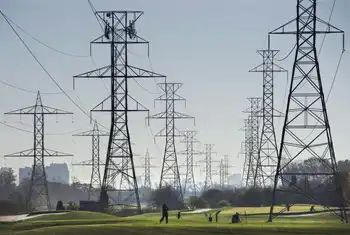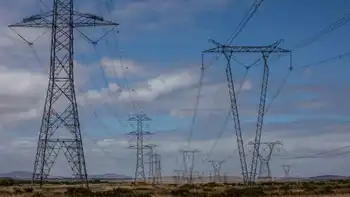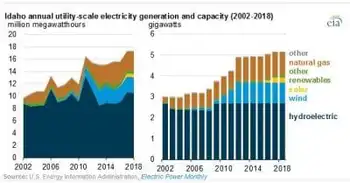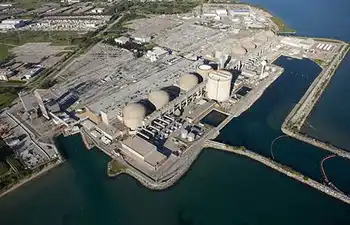Moscow blackout disrupts 2 million
Putin scolded the electricity monopoly on TV for the apparently accidental failure that affected millions of residents. Unified Energy Systems is led by Anatoly Chubais, a disliked economic reformer now trying to break up the massive utility.
"One can clearly speak of insufficient attention to the daily running of the company," Interfax news agency quoted Putin as saying. "You must not only look after general policy problems in the company and its reform but also... day-to-day matters.''
Chubais was deputy prime minister to ex-president Boris Yeltsin and co-chair of the opposition Union of Right Forces until 2003. Signs yesterday suggested his job might be in jeopardy. Interfax said the general prosecutor's office had opened an investigation into possible criminal negligence, with Chubais a target of the probe. Power was lost as the city sweltered. It was nearly 31C yesterday afternoon, the highest for May 25 since 1891.
Officials with the monopoly said increased demand may have been a factor in a fire and explosion at an aging substation south of the city, which triggered the outage.
Subway officials said about 20,000 people were trapped in or between subway stations for about an hour when service stopped on four of its 11 lines. Another 1,500 people were rescued from elevators, officials with the Ministry for Emergency Situations said.
Above ground, cab prices soared, as traffic gridlocked in the city's south end. Traffic lights failed. So did electric-powered buses and streetcars. Even the Interior Ministry, which controls the police, lost power for a time. Moscow's main stock exchange closed for several hours, as did thousands of firms.
Chubais said the blackout affected up to 2 million people in the city of 11 million but did not compare with North America's Great Blackout of Aug. 14, 2003 — triggered by problems at an Ohio utility — that put some 50 million people in the dark in Ontario and the northeastern United States, and sparked an eight-day state of emergency in the province.
"The U.S. lost 100 power plants, while we've lost 12, 13," Chubais said.
Related News

State-sponsored actors 'very likely' looking to attack electricity supply, says intelligence agency
OTTAWA - State-sponsored actors are "very likely" trying to shore up their cyber capabilities to attack Canada's critical infrastructure — such as the electricity supply — to intimidate or to prepare for future online assaults, a new intelligence assessment warns.
"As physical infrastructure and processes continue to be connected to the internet, cyber threat activity has followed, leading to increasing risk to the functioning of machinery and the safety of Canadians," says a new national cyber threat assessment drafted by the Communications Security Establishment.
"We judge that state-sponsored actors are very likely attempting to develop the additional cyber capabilities required to disrupt…




